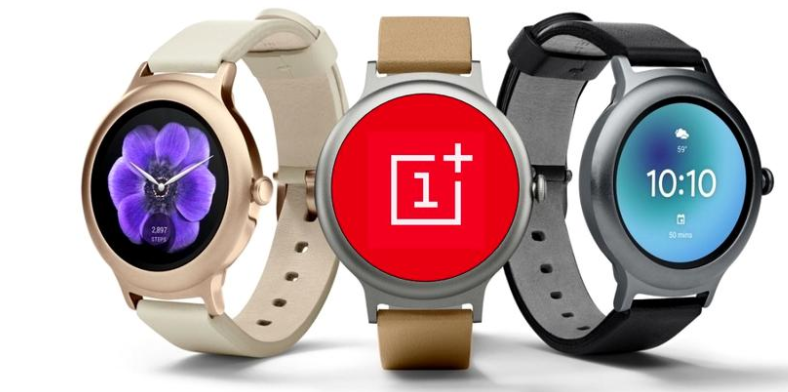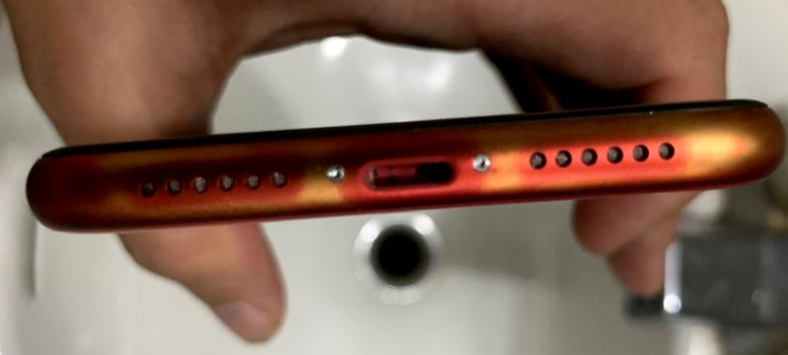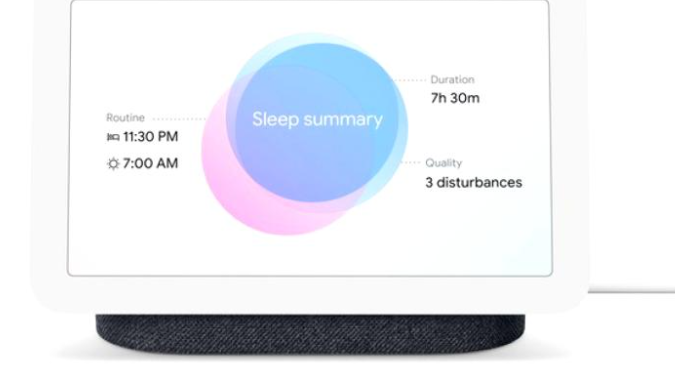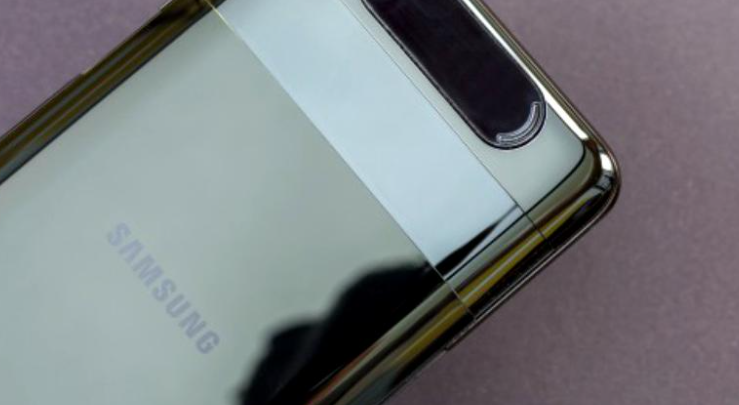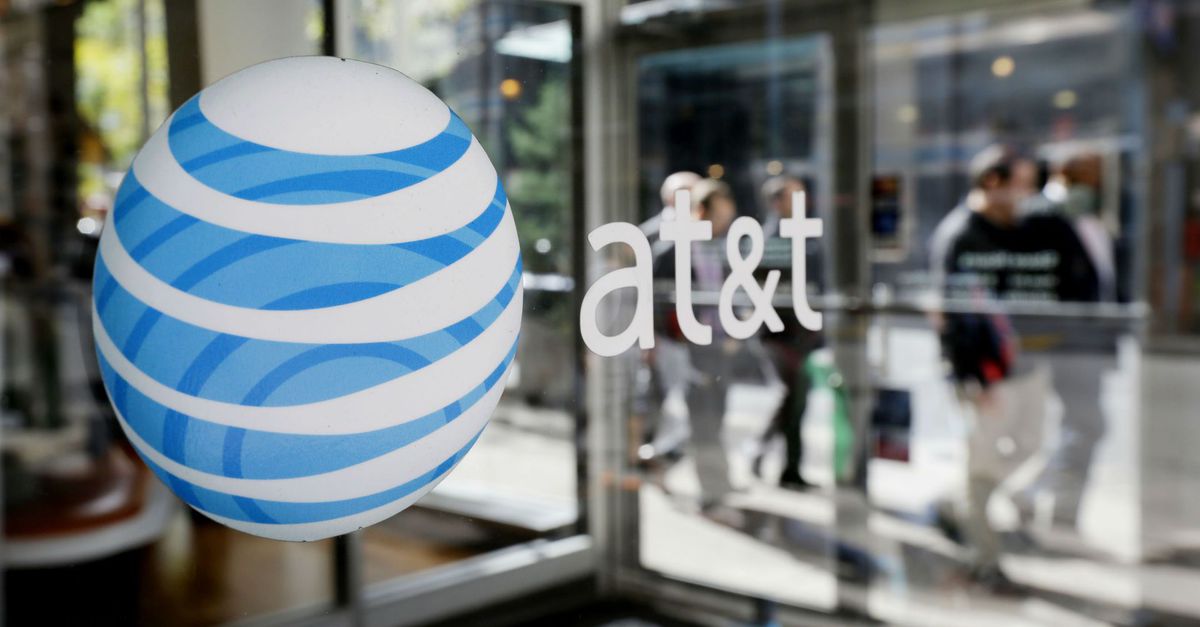
It seems like all major network carriers are racing each other to see which one is able to provide the fastest internet speeds. The major US network carrier known as AT&T is the one leading this race right now. In fact, AT&T is ahead of the curve by a large margin since it reported that it’s already working on developing 5G wireless networks. This is quite impressive since 5G networks will provide users with download speeds that can go up to 400Mbps.
AT&T recently announced that Austin and Indianapolis are going to be cities in which this new wireless technology will be launched. Additionally, AT&T has confirmed that all of this will take place during the fourth quarter of 2017. Even though 5G is still under works, the US carrier is already confident to say that it will have speeds of 400Mbps or higher. Even better, the company stated that there’s still room to grow in terms of download speeds. We can only wonder how much higher it will be able to go.
The US based company has set in motion a plan to upgrade its network platform. The plan has been codenamed as “Indigo”. Basically, this new network will be more focused on software network such as learning machines. AT&T stated that its goal is to upgrade all of its US networks by the end of 2020. Worth mentioning is that the company has promised to use an open-sourcing code for this new network.
We should make it clear that even though AT&T wants to install 5G networks before 2017 ends, we will not be able to get our hands on it so easy. We can be sure that there will be a limited number of stores which will have this option available. Also, one more factor which affects 5G network availability is that most smartphones ship with limited cellular hardware. Probably only high end smartphones will be eligible to use 5G networks.
Nonetheless, it’s great seeing that AT&T is making major improvements. Even though everyone is anxious to get their hands on higher download speeds, all that we can do right now is to wait. Maybe tech manufacturers will start installing more technological advanced cellular hardware so that future smartphones will be compatible with 5G and not only 4G.


